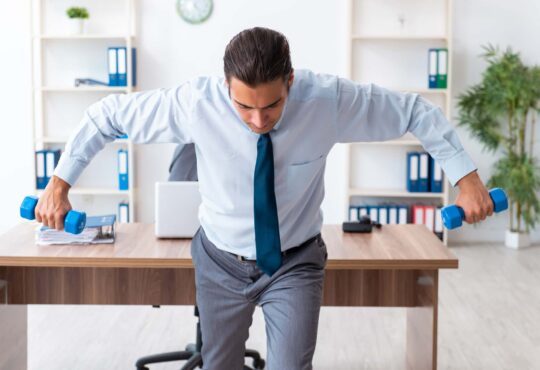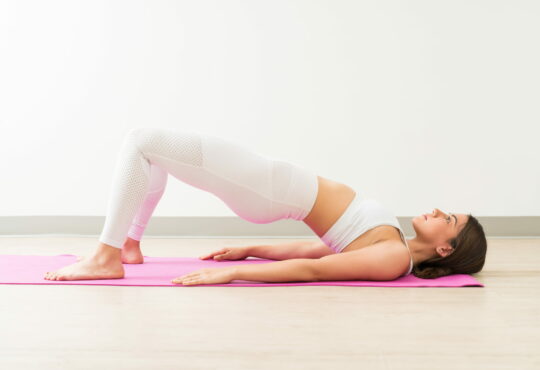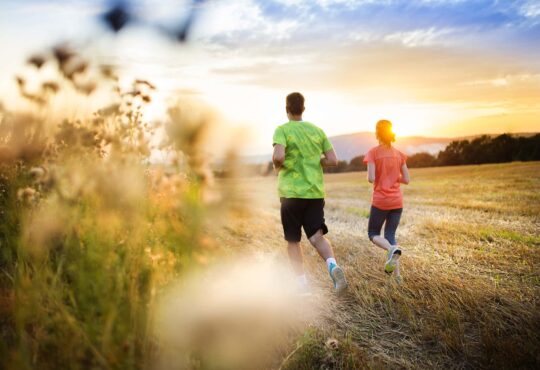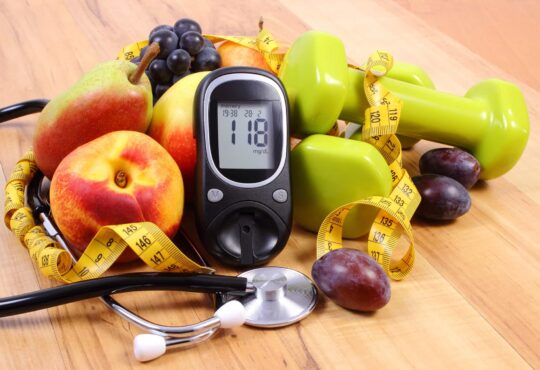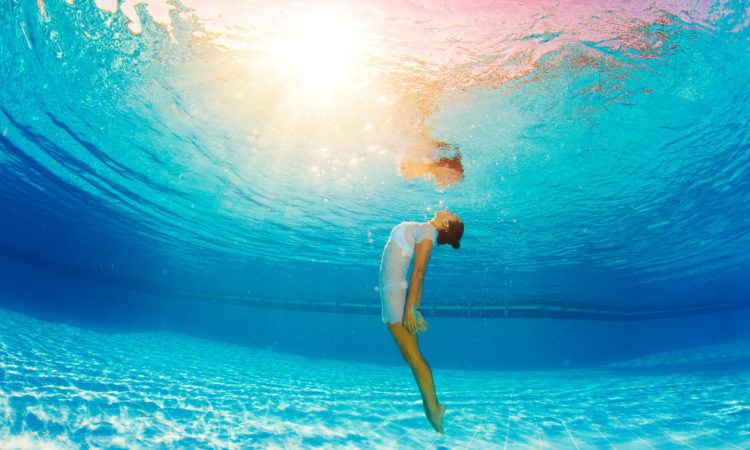
Your lung capacity is the MOST important indicator of how long you’re going to live. That’s according to the multigenerational Framingham heart study.
Freedivers have the highest lung capacity in the world.
You don’t have to freedive to improve your health and lengthen your life, but we can learn from them to extend life.
in this article we will show you how to use the same breathing exercises freedivers practice to expand your lung capacity.
Freediving is a new, little-known sport where people go down as deep as 100 meters, spending maybe ten minutes underwater – on ONE breath.
Sounds crazy and impossible, I know – but coastal peoples around the world have been freediving for fish, pearls and sponges for thousands of years.
I admit it – I feel about freediving like I feel about the “Ice Man” Wim Hof. It’s great he runs around glaciers dressed only in gym shorts. It’s great freedivers can swim so deep and so long while holding their breath,
I’m not going to do either one – but what can I learn from them that will improve my health?
Our Lung Power Determines Our Life Span
The more lung capacity you have, the longer you stick around.
Every cell of your body needs oxygen to survive and function. The more oxygen you can take in and deliver to your cells – and the more efficiently you can metabolize it – the better your body works.
Oxygen is what your mitochondria need to create energy for your cells to burn.
Our lungs typically reach full-size from age 20 to 25 and can take in 6 liters of air. By age 35, they begin declining in volume.
By age 65, they’ve lost 1 liter of their capacity.
Plus, breathing muscles grow weaker. Your lung tissues become less elastic. And your rib cage gets smaller.
Therefore, if you want to live as long as possible with as much energy as possible, try exercises to improve and maintain your lung capacity.
And freedivers have the most lung capacity.
WARNING NOTE 1: If you have asthma, COPD or another lung condition, first consult with your doctor.
WARNING NOTE 2: Do NOT hold your breath underwater while you’re alone.
WARNING NOTE 3: Do NOT perform these exercises standing up or even while sitting down. Do them lying down so you cannot fall and hit your head. I’m not recommending you hold your breath until you pass out, but it is possible.
What You Must Understand
When you hold your breath long enough to become uncomfortable, you are NOT deficient in oxygen. You can test that with a pulse oximeter. Your blood levels of O2 will remain 95% to 99%.
However, your cells give off carbon dioxide, CO2, and this accumulates in your blood. That stimulates a part of your brain into inhaling.
To hold your breath longer, you must apply stress to this mechanism, so you become more used to having a high level of CO2.
Unless you’re already highly trained, don’t expect to hold your breath five or ten minutes any time soon. Even full-time, competitive freedivers take months and years to gradually improve their lung capacities.
Don’t practice this every day. Try two days on, one day off. Just like working out, these breathing exercises are stressful, so give yourself time to recover.
1. Breathe Up
This is not really a breathing exercise, but a practice to warm up, to relax you and to balance the amount of oxygen and carbon dioxide in your blood.
You also do the breathe up in-between periods of holding your breath.
1. Inhale for 2 seconds – using your belly, NOT your chest.
2. Hold for 2 seconds.
3. Exhale for 10 seconds.
4. Hold for 2 seconds.
Just relax. After five to ten minutes, your heart rate and blood pressure will go down.
1A. Coherent Breathing
Just inhale for 6 seconds and exhale for 6 seconds – no pauses, just smooth, relaxed breathing.
This has also been proven to relax you and your heart, and is far simpler than the freediving breathe up, so I do that for around three minutes in-between periods of holding my breath.
2. Static apnea
This is simply holding your breath.
1. Practice the breathe up or coherent breathing until you are fully relaxed.
2. Inhale deeply – around 95% capacity.
3. Hold your breath. When it becomes uncomfortable and you experience contractions in your diaphragm, go another five to ten seconds.
Most of the time, you should remain in your comfort zone.
4. Exhale.
5. Breathe up again.
6. Repeat.
7. Go until you’re tired.
Carbon Dioxide and Oxygen “Tables”
Freedivers train by getting their bodies used to more carbon dioxide and less oxygen.
They plan their exercises using what they call “tables.”
CO2 tables have a fixed period of holding your breath. It’s best to hold your breath for just 5 to 10 seconds past your comfort zone. But shorten your time doing the relaxing breathe up by 15 seconds with each repetition. That is, go 2:00; 1:45; 1:30 etc.
O2 tables are the opposite. The period you breathe up in-between breathholds remains fixed, but you hold your breath for 15 seconds longer with each repetition.
You can find many examples of tables online. However, remember they are intended for freedivers.
Unless you’re already well-trained, you’re not going to hold your breath like them.
Therefore, find your own current limits, and create tables you can handle.
If you can’t hold your breath more than 20 seconds and you need five minutes in-between each repetition, do that.
The point is just to begin improving.
Go beyond your comfort zone, but only a little bit.
And don’t mix up the tables. If you do a CO2 table today, do the best you can with that.
Save an O2 table for tomorrow.
Then rest on the third day.
Freedivers know a lot more about expanding lung capacity, including stretches to expand your ribs, so I encourage you to read their books and watch their videos even if you never dive more than a few feet into a swimming pool.
https://www.nytimes.com/2016/11/09/well/mind/breathe-exhale-repeat-the-benefits-of-controlled-breathing.html
https://www.tdisdi.com/pfi-diver-news/five-tips-increase-lung-capacity-freediving/
https://www.theinertia.com/health/this-freediving-exercise-called-breathe-up-will-benefit-your-everyday-life/
https://www.youtube.com/watch?v=T1GjB_LE_nQ
https://freedivingfreedom.com/dive-deeper/dry-static-apnea-training-for-freediving-sky-rocket-breath-hold-times-from-your-couch-at-home/
https://www.youtube.com/watch?v=81SPPegdQNEA
https://www.scientificamerican.com/article/if-a-persons-lung-size-ca/
https://www.ncbi.nlm.nih.gov/pmc/articles/PMC4818249/
https://www.amazon.com/Deep-Freediving-Renegade-Science-Ourselves/dp/054448407X/
https://framinghamheartstudy.org/


